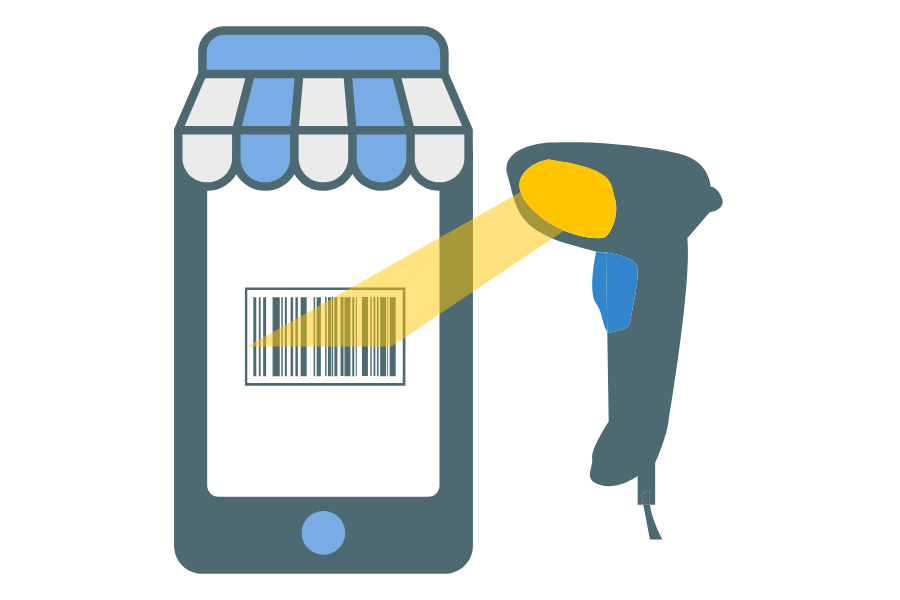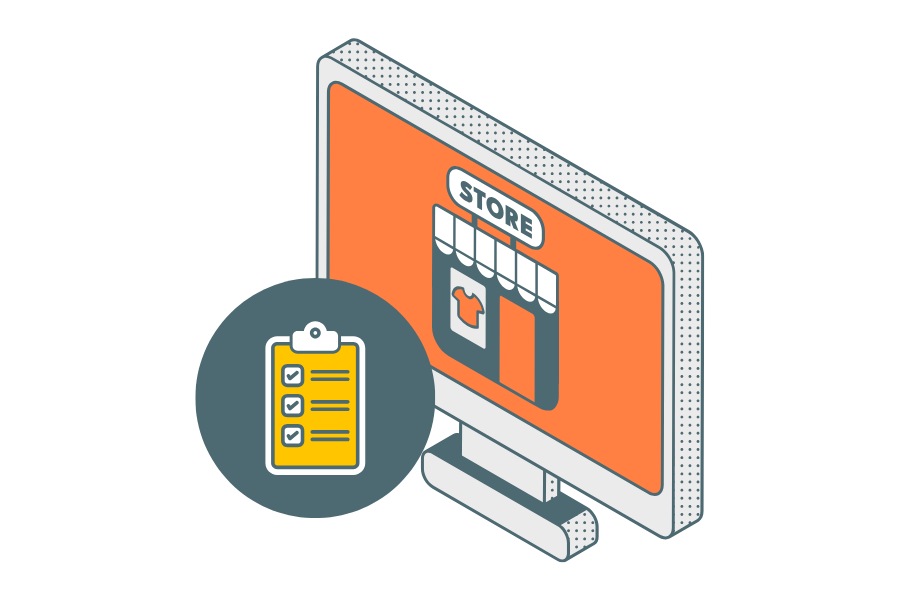Can a UK Partnership Register for VAT?
If you run a partnership in the UK, understanding VAT registration is a crucial part of managing your business finances. Whether your partnership is new or established, knowing when and how to register for VAT is essential. Many UK small businesses rely on expert accounting services in the UK to navigate these rules smoothly.
In this post, we’ll walk you through everything you need to know about VAT registration for partnerships, helping you stay compliant and focused on growing your business.
When Does a UK Partnership Need to Register for VAT?
Mandatory VAT Registration
A partnership in the UK must register for VAT if its taxable turnover exceeds £90,000 within any 12-month period. If your partnership’s sales or taxable supplies reach this threshold, you are legally required to register with HM Revenue & Customs (HMRC) within 30 days.
Voluntary Registration Options
Even if your turnover is below the threshold, voluntary VAT registration can be beneficial, especially for partnerships with:
- Significant VAT on purchases that can be reclaimed.
- Clients or suppliers who expect VAT registration.
- Plans to grow quickly in the near future.
Voluntary registration allows your partnership to reclaim input VAT and adds credibility with VAT-registered customers.
How Does a UK Partnership Register for VAT?
Key Information to Gather
Before registering, you will need:
- The partnership’s trading name and contact details.
- National Insurance numbers of all partners.
- The partnership’s Unique Taxpayer Reference (UTR).
- Business turnover figures and projections.
- Relevant identity documents and bank details.
Completing the Registration Forms
Partnership VAT registration requires submitting two main forms to HMRC:
- VAT1: The primary application form including the partnership’s trading name and signed by one partner.
- VAT2: Provides full details of all partners, with signatures from each, or the details can be submitted separately in writing.
Registration Methods
- Online registration via the HMRC Government Gateway is the quickest and most common way.
- Postal registration using paper VAT1 and VAT2 forms is an alternative if online submission isn’t feasible.
Once HMRC processes your application, you’ll receive a VAT registration number and an official start date for charging and reclaiming VAT.
✅ Keep it simple. Keep it smart. One platform for accounting and taxes. One team to handle it all. Learn more here.
What Happens After VAT Registration?
VAT Responsibilities
After registering, the partnership must:
- Charge VAT on taxable sales at the correct rate.
- Submit regular VAT returns (usually quarterly).
- Keep accurate records in compliance with Making Tax Digital (MTD).
- Pay VAT owed to HMRC by the deadlines.
Partner Liability
In general partnerships, all partners share joint and several liability for VAT debts. This means HMRC can hold any partner individually responsible for the full VAT amount owed, including debts accumulated before a partner leaves.
For Scottish partnerships, however, VAT liability is attributed to the partnership as a separate entity.
Managing Changes in Partnership Membership
If partners join or leave the business, HMRC must be notified within 30 days:
- Submit an updated VAT2 form or written notification with new partner details.
- Your VAT registration number remains the same, even as partners change.
This ensures your VAT records stay accurate and compliant.
Special Considerations for Different Partnership Types
- Limited Partnerships: Only general partners are listed on VAT2, since limited partners don’t usually make taxable supplies.
- Limited Liability Partnerships (LLPs): These are treated as separate corporate bodies for VAT and do not require VAT2 forms for members.
- Scottish Partnerships: The partnership itself carries VAT liability, unlike standard partnerships where individual partners are liable.
Why Professional Accounting Services in the UK Matter
VAT registration and compliance can quickly become complex, especially as your partnership grows or changes. Expert accounting services in the UK can help your small business by:
- Ensuring accurate and timely VAT registration.
- Keeping detailed VAT records and meeting filing deadlines.
- Advising on VAT planning to improve cash flow and reduce errors.
- Handling communications with HMRC to avoid penalties.
Professional support lets you focus on running your business, knowing your VAT obligations are in capable hands.
Summary
In summary, a UK partnership can and often must register for VAT once its taxable turnover passes the £90,000 threshold. Whether registering voluntarily or mandatorily, the process involves submitting the VAT1 and VAT2 forms and maintaining compliance with HMRC rules. All partners in a general partnership share liability for VAT debts, so staying on top of reporting and notifications is essential. Different partnership types like LLPs or limited partnerships have specific VAT treatments, adding to the importance of knowledgeable guidance.
Streamline Your Finances with Smart Technology
Running a business is complex enough. That’s why we offer combined accounting and tax filing plans at one fixed price. Our AI handles your daily books while tax experts manage your filing obligations. Plus, your dedicated CSM is just a SMS away. Chat with us now, email [email protected] , or use our contact form.







